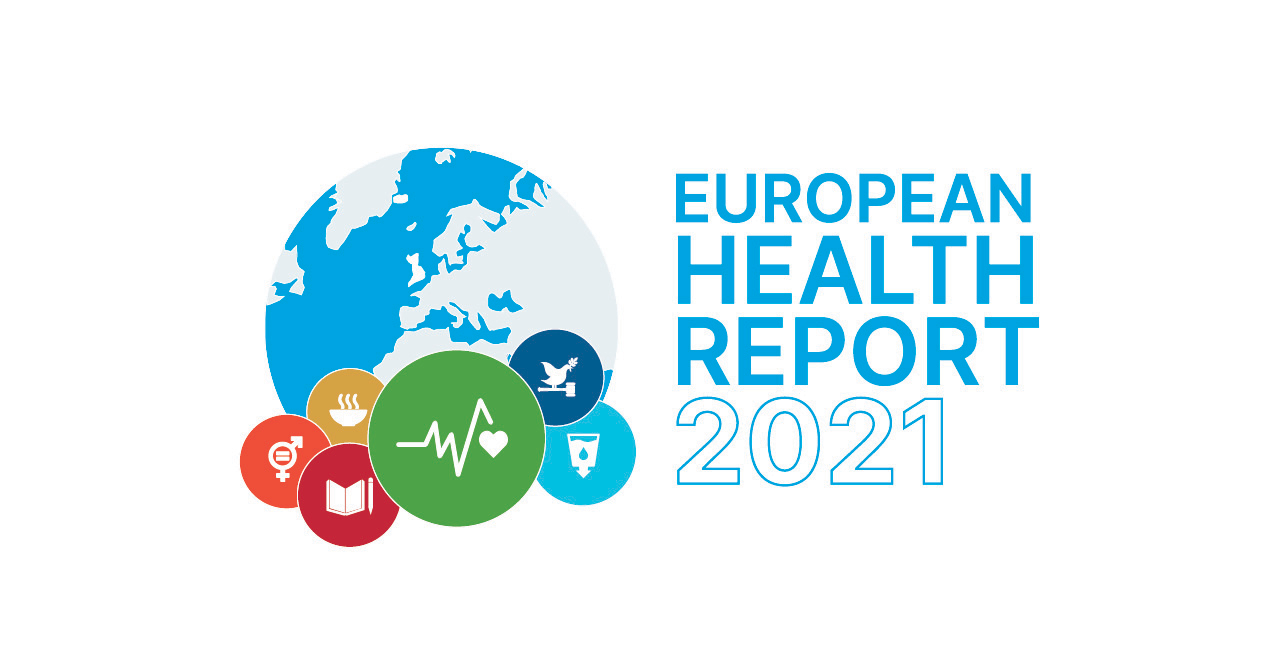By 2024, it is estimated that the population of individuals aged over 65 years will outnumber those under the age of 15 in the WHO European Region. This trend means new social, economic and health challenges, which demand a focus on healthy ageing to mitigate the impact of an ageing population. WHO's report “Promoting physical activity and healthy diets for healthy ageing in the WHO European Region” navigates this shift, providing a roadmap for healthy longevity.
Diets and physical activity – keys to healthy ageing
The new WHO report underscores the key role of physical activity and diet quality as pivotal factors influencing the health of individuals.
Physical activity and healthy diets throughout the lifespan can help prevent noncommunicable diseases (NCDs), such as cardiovascular diseases, cancer, diabetes, dementia, and mental health issues.
Health and ageing don’t contradict each other
“A less active and mostly sedentary life with a monotonous and even dull routine every day – that’s an unfair but very common perception of life after 65,” said Dr Kremlin Wickramasinghe, WHO/Europe Regional Adviser on Nutrition, Physical Activity and Obesity. “Our report highlights why policy-makers, businesses and communities in our Region should create more opportunities and make better investments to make healthy choices easier, increasing healthy life expectancy for all of us.”
Fulfilling longevity: WHO advice for older adults
- WHO recommends diets high in fruits and vegetables and low in ultra-processed foods that are high in sugar, salt and saturated fats. The Mediterranean diet is a good example.
- Meeting the WHO recommendation for a minimum of 150 minutes per week of moderate physical activity reduces the risk of all-cause mortality by 28%. Additional activities that maintain balance, mobility and reduce loss of muscle mass and bone density are recommended.
- In the same age group, engaging in even higher levels of physical activity can reduce the risk of all-cause mortality by 35%.
WHO-recommended policies for increasing healthy life expectancy
- Health surveillance systems in countries of the Region can be better unified to enhance the development of better policies.
- Physical activity policies should prioritize social connectedness and community-based programs.
- Government policies should integrate nutrition into medical education.
- Primary care is key to providing advice and guidance on maintaining a healthy diet and daily physical activity.




